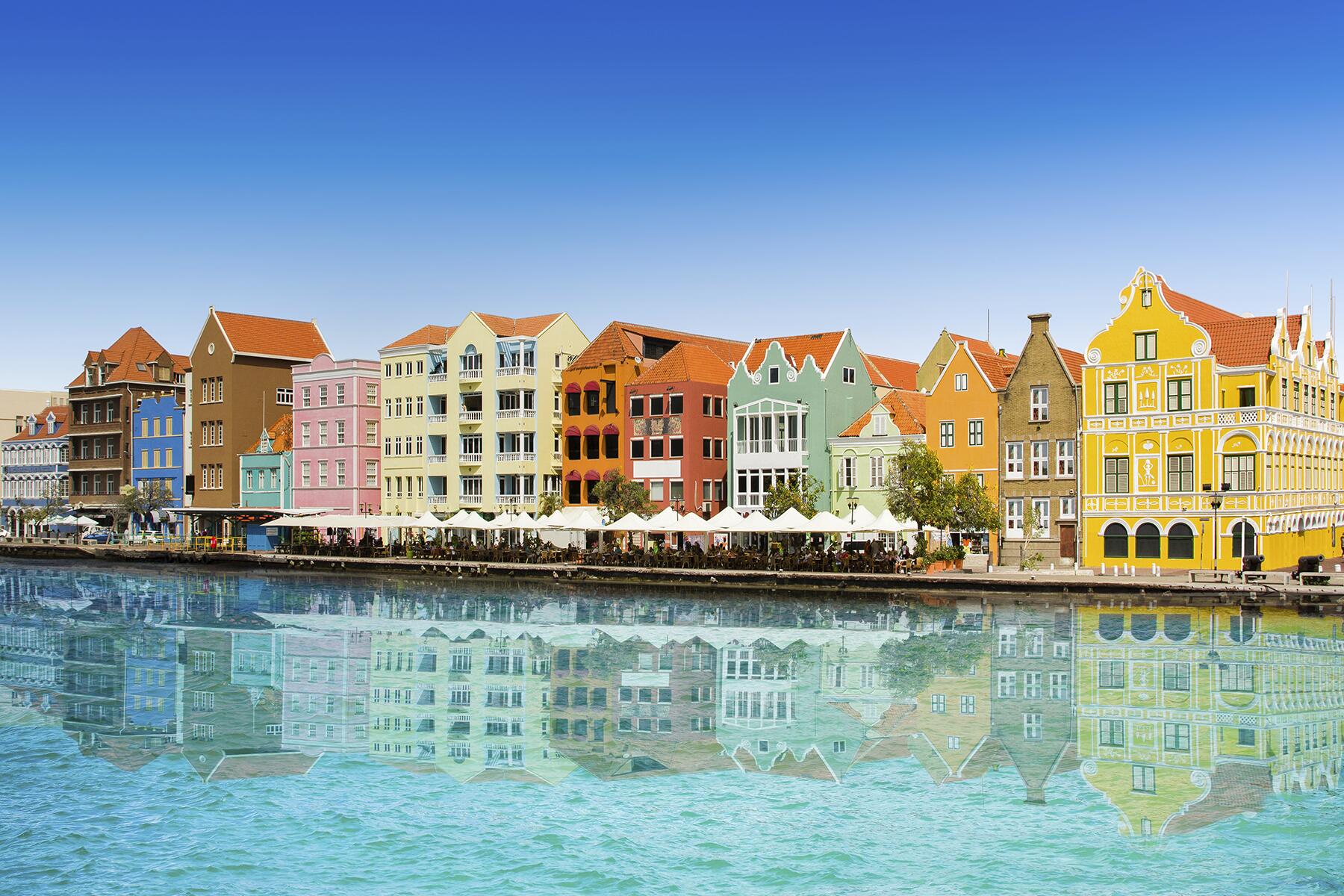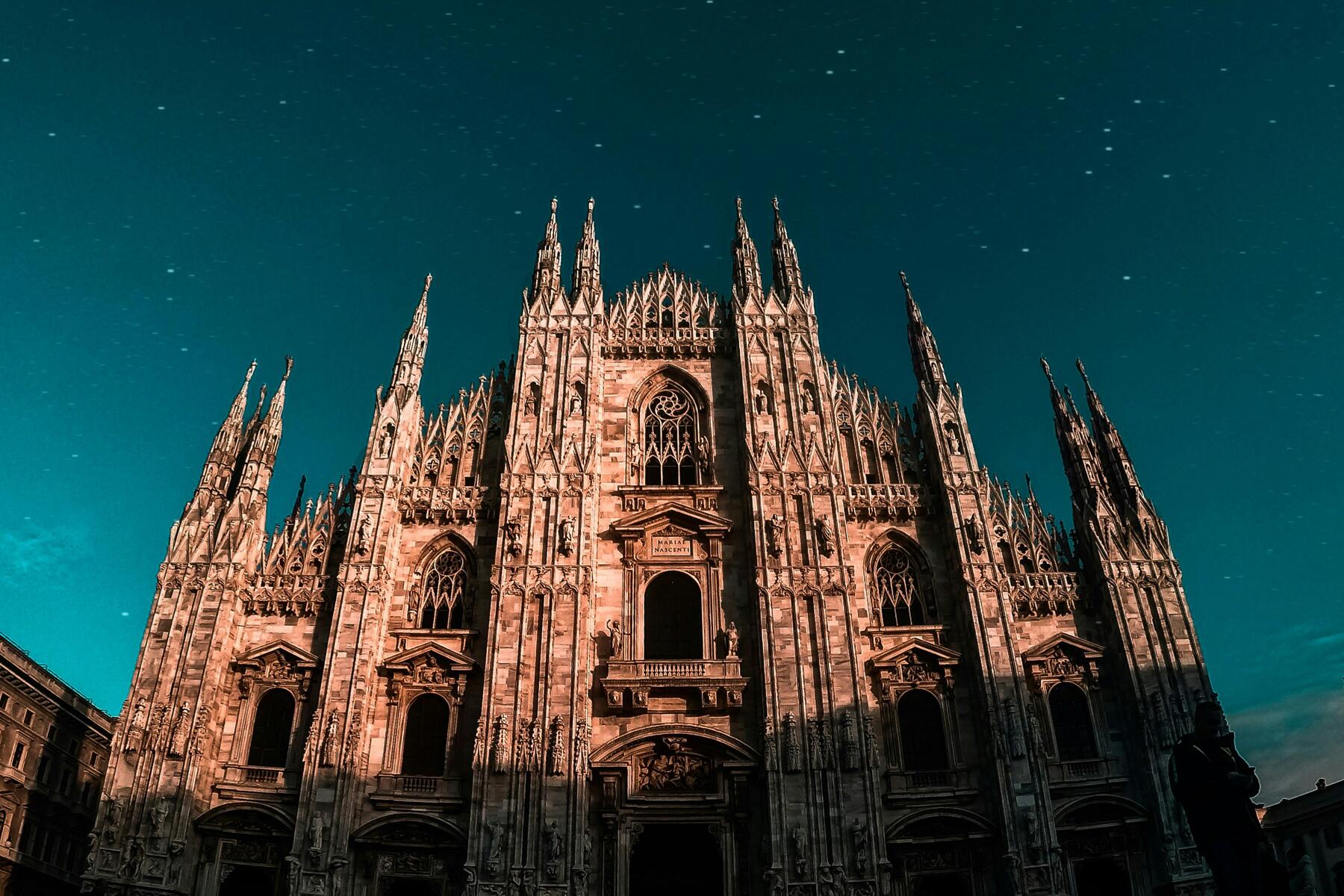After suffering a tourism blow due to the pandemic, a small party town in Bali remains home to a different kind of traveler.
Lombok is what Bali used to be, you know. I heard this statement a lot while in Bali. Here on Gili Trawangan (Gili T)—an island about 2.5 hours by boat from Bali—there are no motorbikes, no congestion, and no traffic. There is only the sound of crashing waves and horses galloping in the distance. Gili T is a reprieve and a break from Bali.
Bali is a popular stop on the Southeast Asia trail known as the “Island of The Gods.” Its fanbase of spiritualists, occultists, and yogis are known for “Eating, Praying and Loving” away from normie life. In the 1970s, industrious hippies played a big role in exporting Balinese art and culture to the west, causing a boom in demand for Balinese goods by those with esoteric tastes. The following decades saw more temples and statues built than ever before.

As Bali’s popularity grew, the island developed a reputation for disappointing tourists’ expectations. Having been enticed by filtered pictures on Instagram, travelers complained of being catfished upon arriving on the small Indonesian island. Visit any travel discussion thread on Facebook, and Bali is a usual contender when asked about overrated places to visit. The problem with Bali can often be its hoards of tourists, congestion, and rampant pollution.
Recommended Fodor’s Video
Pre-COVID, Bali’s hotspots—Kuta, Ubud, Seminyak, and Canggu—had fallen victim to over-tourism. Kuta had become the destination for retired tourists, Ubud was a magnet for yogis, Seminyak drew the wealthier travelers, while Canggu became party-central. When the pandemic hit, these cities—once teeming with tourists—suddenly became something of a ghost town.
“If I were to compare Bali now to how it was before COVID, it’s completely different, especially in Kuta,” says Vic, a local living in Bali. “Kuta used to be completely packed, but now it’s empty. Canggu is still quite busy, even with restrictions.” It would seem a different kind of traveler is now keeping Canggu alive.
What It’s Like to Be a Digital Nomad in Bali
A digital nomad is a person who works remotely while traveling, often staying in foreign destinations for longer than the average traveler. Frequently confused with influencers, digital nomads hail from all over the world. I’ve been one for four years. I’ve swapped stories with nomads from India, co-worked with Kenyans and Catalonians, and broke bread with Russians and Americans. The digital nomad community is one in which we share recommendations, comfort each other when in need, and warn each other of dangers.
Digital nomads often create new hubs when old ones die. New coffee shops and co-working spaces seem to spring up behind us wherever we go, along with more bars, restaurants, and beach clubs. Chiang Mai—a popular digital nomad hub—is a major pipeline for Bali nomads, pumping in nomads who couldn’t handle burning season or those doing visa runs. Bali met all the criteria with its low cost of living, an abundance of beaches, and Instagrammable beauty.

Once remembered as an empty part of the island, Canggu is now a popular hotspot for digital nomads. In Canggu, nomads worked in co-working spaces like Dojo, had lunch at Crate, and partied at La Brisa or The Lawn. The vibe was “work hard and play hard,” giving way to business in the morning and hedonism in the evening. Digital nomads don’t hold this against Bali.
Being a digital nomad has its perks. I got to see Bali beyond the accusations levied on it because I could do more than the average tourist. When I wasn’t on my laptop, I explored my surroundings slowly and intimately, visiting less popular coffee plantations, rice paddies, and waterfalls. Not once did I see the ever-popular monkey forest in Ubud.
I became a regular at Warungs—food stalls selling traditional Balinese food—and spoke with locals often. I went to language meetups, cooking classes, and ceremonies. I haggled at markets and partied hard. That’s not to say that I never had issues. A few run-ins with the local Banjar (Bali police) taught me always to wear my helmet, take the gojek at designated areas, and never have more than 500K rupiah cash on me.
I found myself in Gili T because I didn’t want to leave, but I needed a bit of a break. It was much quieter in Gili T. Here, I went snorkeling and rode my bicycle into the pink skies each evening, reflecting on the life I was currently living.
The Changing View of Digital Nomads
The digital nomad lifestyle hasn’t evaded criticism on social media and online travel spaces. Stories in the news instigated complaints against our niche style of travel, accusing us of gentrifying countries that we were guests in. Gradually, synonyms for digital nomads transformed from “remote worker” to “colonizer.” Because of this, most digital nomads prefer to disassociate from the term altogether, preferring substitute terms like “high-end homeless” and “digital hobo.”
There grew a consciousness of how nomads interacted with their destinations. Some nomads prefer to live like locals, making as little disturbance as possible, while others choose to relish in the newfound luxuries that lower costs now afford them.
In recent news, one digital nomad was accused of encouraging her audience to visit Bali, while misguidedly promoting Indonesia as an LGBTQ+ friendly space. This digital nomad flaunted the newfound privileges that she couldn’t afford in her hometown, causing local and international uproar on social media, which got her subsequently kicked off the island. These criticisms, along with the pandemic, made me wonder if the digital nomad culture in Bali was on its way out.

When I returned to Bali, the pandemic frenzy had just begun. Borders planned to close as panic swept through online travel groups over increased hawkishness towards visiting foreigners. Some travelers reported being refused service in places such as restaurants and laundromats.
There also seemed to be an uptick in crime. One popular YouTuber called it quits after his villa had been robbed twice. Many, including myself, questioned their role in Bali during the pandemic. Naturally, there was a mass exodus of travelers. Suddenly the place that welcomed millions of travelers a year was left with only 7,000.
Bali’s Digital Nomad and the COVID Pandemic
Canggu manages to retain its personality despite the pandemic, with locals and nomads working together to see the pandemic through. I connected with a few people in Canggu who were happy to share their experiences.
Originally from Jakarta, fitness trainer and consultant, Vic, created a niche online while basing herself in Bali. Her work has put her in contact with many influencers and digital nomads.
“Influencers and nomads have been quite supportive during this time because they help local brands and restaurants by posting about them on Instagram,” says Vic. “Locals and foreigners have become more united than before. They pay more attention to each other now.”
Regarding party life in Canggu, Vic recommends that travelers stay aware of their surroundings. “Unfortunately, some people have to survive by stealing, so awareness is key. I would recommend that people not stay out too late. That said, I feel safer here than in Jakarta,” she says.

Christina, an online English teacher, and travel vlogger came to Bali with her husband after visa complications in Vietnam left many foreigners, including herself, stranded. They entered Bali when the island briefly opened in May.
“We researched a credible agency and took a chance when we were cleared to enter,” says Christina. “When we first came in, most places were closed and only accepted take-out. We unexpectedly spent $900 on food!” There is a considerably higher food budget for Southeast Asia since nomads commonly expect to spend under $200 a month.
Christina is very optimistic about spending the rest of her time in Bali. “Indonesian people are generally very helpful and welcoming,” she adds. “Even if they may be scared [about the pandemic], they still try to help you. I personally feel safe, but like anywhere else, you have to be careful.” Christina’s advice for tourists is to spread out. “Don’t spend time in only one place. It’s good to have a base in a popular area, but you’re missing out on a lot if you don’t explore.”
Mikey, a digital currency trader from the United States, decided to stay because it was better than the alternative of leaving. “A lot has changed since the pandemic started,” says Mikey. “Before the pandemic, there was a party vibe, but now it’s really chill.”
Being a target of crime also hasn’t stopped Mikey from feeling the Island’s good vibes.
“I’ve had to replace my helmet three times in Bali. Like everyone else, I’d leave my helmet on my bike, and I’d come back, and my helmet would be gone,” he chuckles. “From what I’ve heard, nice-looking helmets get stolen to be resold. That’s my only real experience of crime here in Bali.”
While foreigners can travel throughout the main island, COVID-19 protocols restrict unvaccinated foreigners from Island hopping. “As a foreigner, I’m only allowed to return to America, but I’d much rather be here than back home,” adds Mikey. “The general vibe has been pretty loving and caring.”
As travelers await Bali’s highly anticipated reopening, it’s good to reflect on our impact on other communities. Some of us are not the best tourists. For one, I have work to do, but retaining an openness to learn and giving some grace to the destinations I go to has never failed me as a strategy. Bali is a beautiful place, and anyone should be allowed to experience its beauty regardless of where they are from. Respect Bali, and Bali will respect you.




